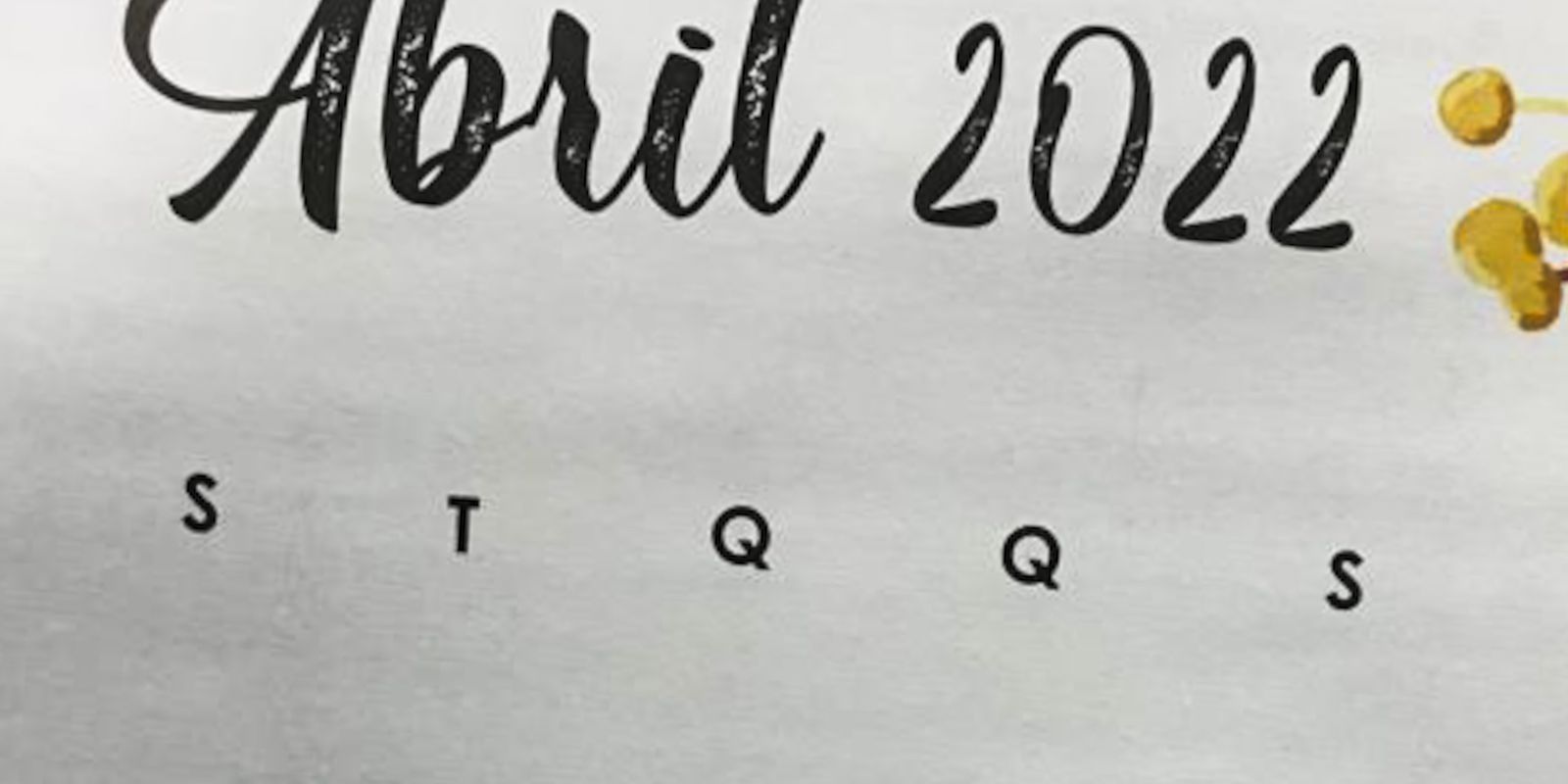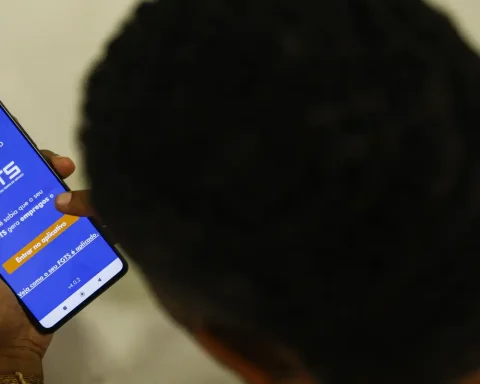Stories, “stories”, nonsense, inventions or, simply, lies. Celebrated today – April 1st – they have been told throughout human history. In excess, they can indicate serious psychological disorders, in addition to having serious consequences for those who count. But today, April Fools’ Day, Fool’s Day or Fool’s Day, they are accepted and even celebrated.
The April 1st tradition dates back to the institution of the Gregorian Calendar, which replaced the Julian Calendar by determination of the Council of Trent (ecumenical council of the Catholic Church). The Gregorian Calendar divides the year into four seasons spread over 12 months, or 365 days, according to the movement of the Earth in relation to the Sun and establishes the first day of the year as January 1st.
With the institution of the new calendar by Pope Gregory IX in 1582, historians say that part of the French population revolted against the measure and refused to adopt January 1 as the beginning of the year. Mocked by the rest of the population, those resistant to change were invited to non-existent parties and celebrations on April 1st. Thus was born the tradition of mockery and pranking.
There are also historical accounts that relate the date to the festival of Hilaria – a Roman feast in the period before the birth of Christ – which celebrated the March equinox in honor of the goddess Cybele, the “Mother of the Gods”, a deity that brought together aspects of the goddesses. Greeks Gaia, Rhea and Demeter.
In Brazil, the tradition was introduced in 1828, with the printed news from Minas Gerais “A Mentira”, which had in its first edition the death of Dom Pedro I on the cover and was published on the 1st of April.
historical lies
But it’s not just people who tell lies on April 1st. Companies understood the marketing potential and the opportunity to engage in “gotchas” to increase their visibility in the market and started, since the last century, to participate in the celebration.
Among the best-known examples is the British public broadcaster BBC, which has traditionally played pranks on the public since the 1930s. In one of the memorable jokes, the BBC claimed that the UK government would change Big Ben’s clockwork most famous in the world and national symbol – by a digital display. The lie, broadcast in 1980, also promised that the first person to call the radio would get the old hands of the big clock as a souvenir.
The action generated thousands of calls and letters and ended up causing problems for the broadcaster, which had to explain the maneuver during the programming in the following weeks.
In the United States, in 1992, National Public Radio (NPR), also a public broadcaster, aired an interview with comedian Rich Little in which he posed as former president Richard Nixon.
On the board, called “Conversa da Nação”, the character categorically stated that he would run again for the presidency that year. The problem is that Nixon, a controversial political figure, had resigned during the impeachment process in 1974 for his involvement in the Watergate scandal, which generated outrage among listeners.
The station had all the phone lines congested until, at one point, the Fools’ Day prank was announced.
Amazon, the biggest store online in the world, also celebrates April Fools’ Day with jokes that often confuse users. In 2015, Amazon reverted its main page to the 1999 version – a time when the internet was still rudimentary. Until they discover the game, users should go through the “time tunnel” experience in navigating the site.
modern liar
Despite the playful permission on April 1st, lying can become a habit and degrade social relationships. In times of wide dissemination of content on the internet, a lie can be considered even fake news – fake news or with data deliberately manipulated to mislead or bias the reader’s conclusions – and be legally punished.
For psychiatrist Ilton Castro, there are different levels of lies: there are those that soften realities and those that are used to benefit to the detriment of other people. There is also the psychological condition known as mythomania, defined by the compulsive use of lies.
“In the social game, it is normal to lie or omit something, but there are cases considered serious. The lie appears as a habit. The mythomaniac lies and believes what he says. Fantasy becomes reality and wins endless plots. The lie grows”, he explained. the psychiatrist.
Excessive use of lies can indicate personality disorder and psychological weaknesses that need to be addressed, he added.


















